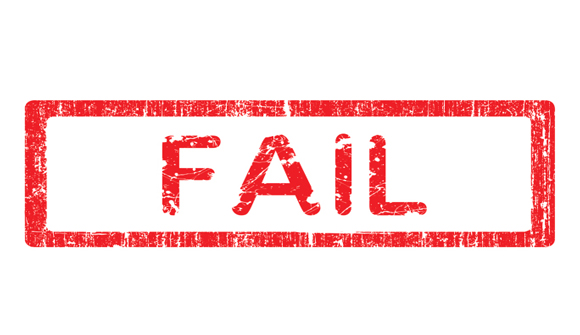
In the popular imagination, the work of scientists is marked by a series of "Eureka!" moments. But most science is not about glorious flashes of insight. Instead, its humble aim is to be less wrong about the theories that govern our understanding of the universe.
The best way to judge new theories, then, is the old adage of "trust, but verify." In recent decades, however, this simple advice has been ignored thanks to perverse incentives and human biases.
The amount of funding available to scientific research hasn't kept up with the growing number of scientists in training. To get a bite of the funding pie, many scientists have been led astray. How many? Witness the ten-fold rise in the number of retractions issues in scientific literature, nearly half of which may be the result of fraud. – Quartz, Aug. 28, 2015
Many non-scientists hold a romanticized view of scientific research. We think it is very black and white, with scientists rigorously searching for measurable evidence, and happily conceding when experiments prove a hypothesis wrong.
In fact, scientists are as human as everyone else is. They grow attached to their pet theories and overlook or discount observations to the contrary. Moreover, the way in which we fund scientific research prevents researchers from following the data wherever it leads.
The Quartz article describes how a University of Virginia psychologist and 270 other scientists set out to verify the results of 100 psychology studies. Replicating the original studies would show the same results if the findings were truly conclusive.
What happened? Only 36 of the 100 studies showed as strong a result as the original research. The other two-thirds showed weaker or completely different results.
Does this mean the original research was faulty? Not necessarily. Maybe the first and second experiments were both wrong. Maybe the sample sizes were too small, or the periods too short.
The main thing this tells us is that scientific "proof" rarely proves what we think it does. The error rate grows as the subject becomes more subjective. Chemistry experiments are relatively easy. If you combine the same compounds in the same conditions, you should get the same result wherever and whenever you do it.
Psychology is harder because it depends on subjective behavior observations. How do you quantify fear, pain, or affection? Their presence and intensity can vary depending who feels them.
None of this stops business executives and government bureaucrats from charging forward with new ideas that "science" says will produce a given result. When the desired results do not appear, they rarely blame the shoddy science underlying the original goal. They instead blame poor execution or insufficient funding.
The resulting redoubled efforts and increased funding are one reason government has reached such gargantuan proportions. Greed and power lust certainly play a part, but well-intentioned efforts based on unscientific science also play a role.
Cutting government down to size will require more than throwing out the present regime. It will simply reappear in a different form so long as scientists let politicians distort and misapply inconclusive research. Scientists should act scientifically, or not at all.
